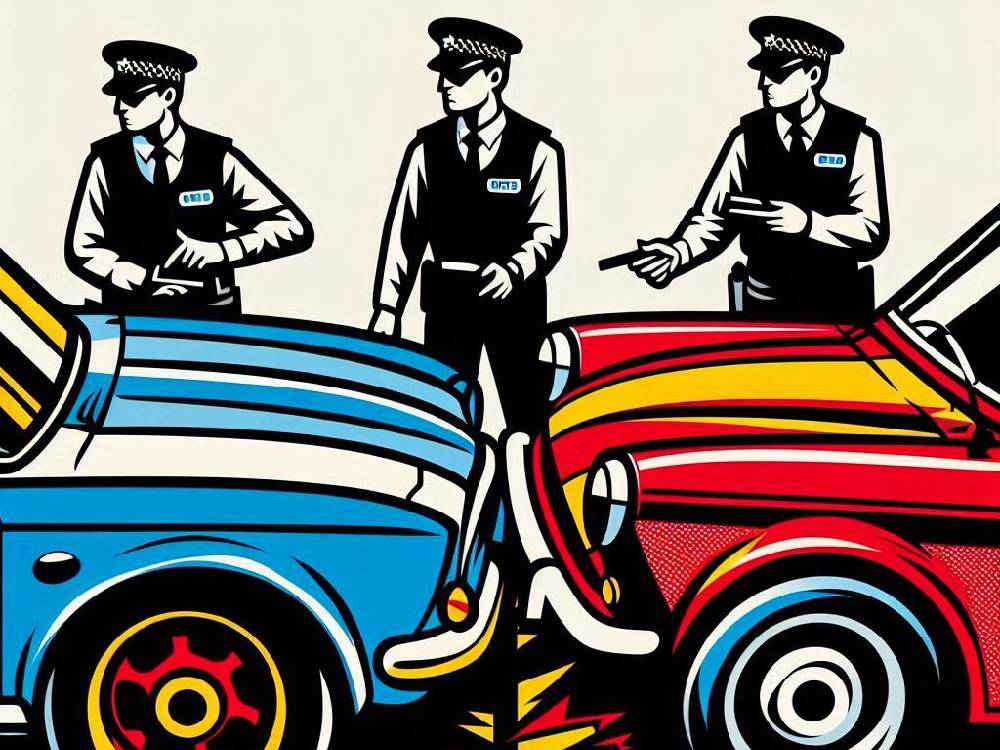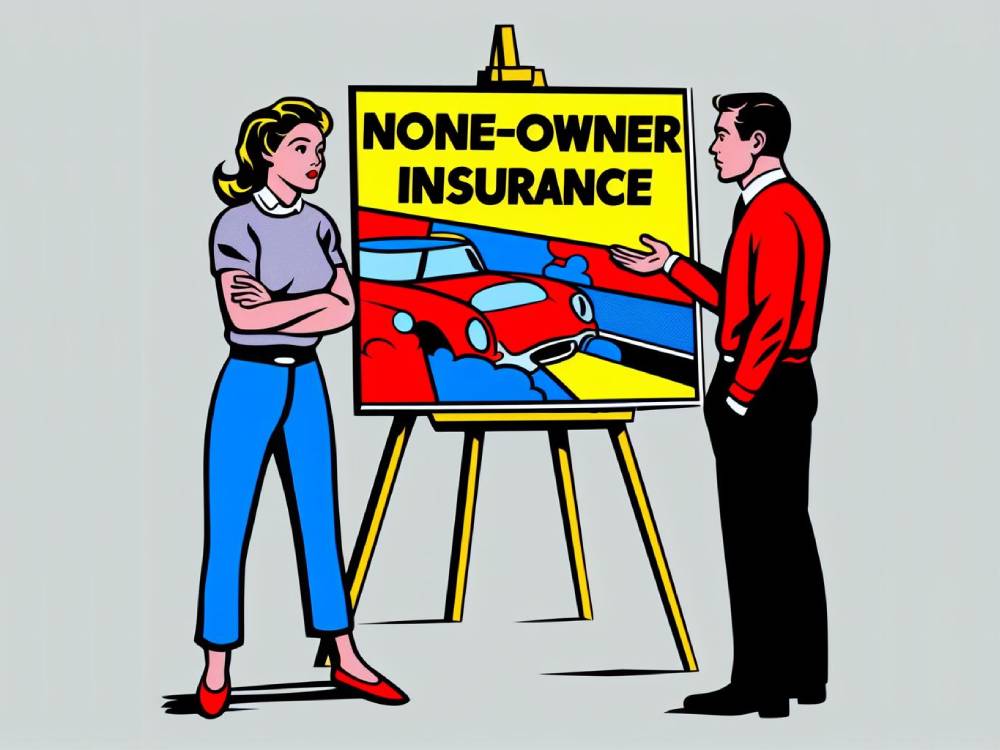Introduction
Indeed, it’s entirely possible for someone to try and make a false car insurance claim against you.
But don’t panic.
Your insurance provider is certainly not going to pay out without first conducting a thorough investigation.
Here’s the deal:
If someone falsely claims that you were involved in an accident, and you weren’t, your insurer will immediately step in to assist.
First, they’ll ask for your side of the story.
This step is crucial because it helps them piece together the truth.
Moreover, they won’t simply rely on what the other driver says.
Need more tips on avoiding expensive claims? Check out this guide.
Will My Insurer Simply Pay Out For A False Claim?
Not a chance.
When a false claim is made against you, the insurance provider will start by investigating.
What does that mean for you?
They’ll ask for details like:
- Where were you at the time of the alleged accident?
- Do you have any receipts or evidence proving your location?
- Can you provide witnesses?
The insurer also looks at any evidence provided by the other party.
This could include photos, witness statements, or police reports.
Got a dashcam? Now’s the time to share that footage!
They will carefully review both sides before making a decision.
No money is exchanged until the investigation is complete.
Want to know more about protecting your car insurance policy? Read here.
Do I Pay Excess If Someone Makes A False Claim Against Me?
Here’s the good news.
Luckily, you won’t have to worry about paying any excess if another party files a claim against your insurance.
Why is that?
Excess is only payable when you’re claiming for your own vehicle repairs.
If the other party is claiming, they’ll need to pay their own excess.
You only pay if you’re making a claim for damage to your car.
Pro Tip: Always review your insurance policy to understand when you might be responsible for excess payments.
Need more help with car insurance terms? Here’s a breakdown.
What Do I Do If A Fraudulent Claim Is Made Against Me?
Think it’s a false claim?
Take action quickly.
The faster you respond, the better chance you have of disputing it.
Here’s what you need to do:
- Contact your insurance provider and tell them you think the claim is fraudulent.
- Gather any evidence that proves you weren’t involved — receipts, videos, or witness statements.
- Ask for details about the claim.
Where did the accident supposedly happen?
What time did it occur?
What evidence has been provided?
The more information you gather, the easier it becomes to dispute the claim.
Additionally, if they provide any photos of the damage, you should immediately offer to have your vehicle inspected.
Furthermore, make sure to keep a written record of every single conversation you have with your insurer.
Remember: Documentation is key!
Need to understand more about insurance fraud? Find out more.
How To Report Car Insurance Fraud In The UK
If you think you’re a victim of car insurance fraud, report it immediately.
Don’t delay.
Start by contacting your insurance company and providing all the evidence you’ve collected.
Then, file a report with the police.
If your car has been cloned, the first step is to report it to the police, who will then provide you with a crime reference number.
After that, the next thing you should do is notify the DVLA and provide them with that crime reference number.
This, in turn, helps keep your records clear and prevents any future complications.
Pro Tip: Always report fraud as soon as possible to prevent any complications.
For more info on reporting fraud, visit this guide.
So, You’ve Gathered Your Evidence.
Now what?
The next step, then, is to use that information to actively dispute the claim.
Here’s exactly how you can go about it:
First, if the other party claims to have photo evidence, you should immediately offer to have your vehicle inspected.
Moreover, if you can prove that your car wasn’t involved in the accident, this will serve as your strongest defense.
Finally, ensure you obtain a written statement from your insurance provider confirming the details of your conversation.
Why is this important?
You’ll need this as proof if the case escalates.
And remember, it’s always smart to follow up any phone conversation with an email.
This way, there’s a clear paper trail of your communication.
Tip: Documentation can make all the difference when disputing a false claim.
For more tips on handling insurance disputes, read this article.
Reporting Car Insurance Fraud In The UK
If you suspect car cloning or another form of insurance fraud, here’s what to do:
- Notify Your Insurance Provider:
Let them know immediately that you believe you’ve been a victim of fraud. - File a Police Report:
In cases of car cloning, report it to the police, and get a crime reference number. - Inform the DVLA:
You’ll need to notify the DVLA if your car has been cloned.
This ensures the correct records are kept.
This process not only protects your insurance record from fraudulent claims but also helps the authorities track down the perpetrators.
In addition, be sure to always remember to keep copies of every document you receive.
Why?
It’ll help you in case you need to follow up or escalate the situation.
Need help reporting fraud? Visit https://www.insurancefraudbureau.org/
Conclusion
So, can someone make a false car insurance claim against you?
Yes, they can try, but it’s not as simple as they might think.
Your insurance provider will thoroughly investigate before making any payout decisions.
The key takeaway?
Stay vigilant.
Gather evidence.
Communicate clearly with your insurer.
And most importantly, always report suspected fraud as soon as possible.
For more advice on dealing with car insurance claims, check out our other posts:
- How to save money on your car insurance
- Understanding telematics car insurance
- Why your car insurance might have gone up





